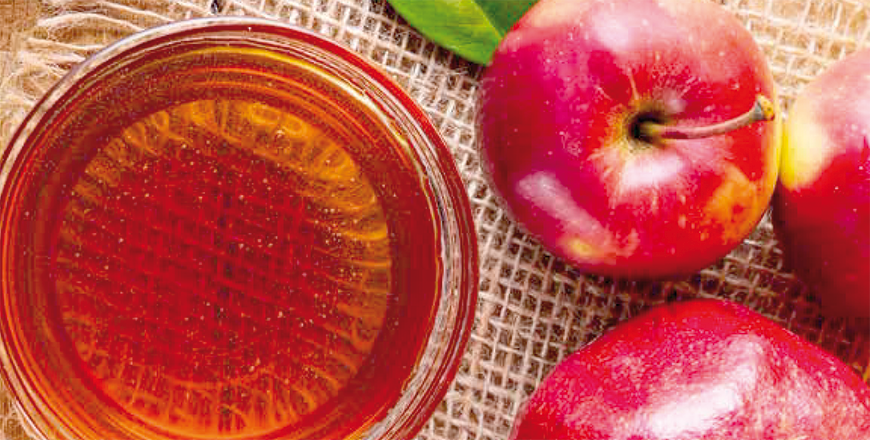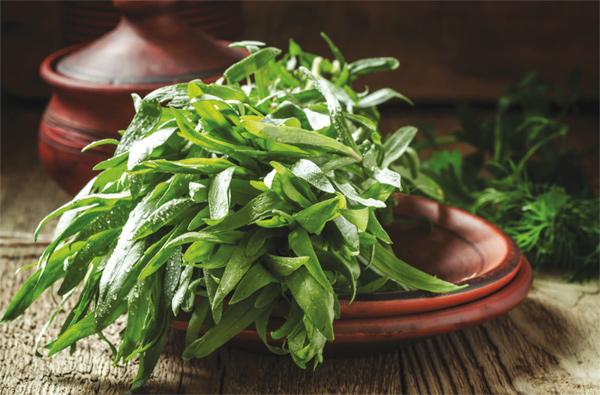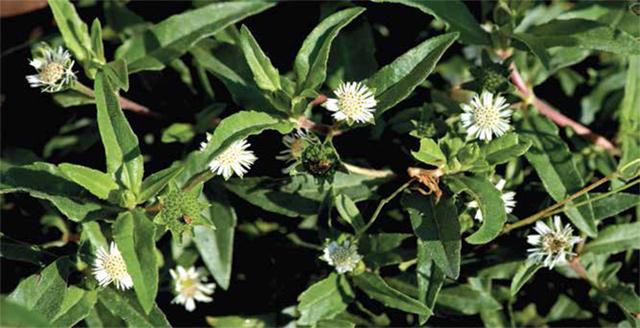You are here
Herbal vinegars
By Sheela Sheth , Family Flavours - Nov 11,2024 - Last updated at Nov 11,2024

Photo courtesy of Family Flavours magazine
By Sheela Sheth,
Food Expert
Herbal vinegars are a delightful way to blend the rich flavours of freshly home-grown herbs with a tangy zest.
Let’s explore creative ways to incorporate herbs in our lives by infusing them in oils and vinegars.
These infusions typically last two to three weeks, with some lasting up to a month.
Did you know?
Certain aromatic herbs, rich in essential oils, provide an excellent base for making herbal oils.
Vinegar world: The word “vinegar” comes from the French term meaning “sour wine.”
Vinegar is created when alcohol undergoes a second fermentation process, where it’s exposed to oxygen and acetic acid bacteria.
The most popular types of vinegar include apple cider and balsamic, with rice and peach vinegar being less common.
It can be made from anything one can make alcohol from like fruits, grains, vegetables, honey and much more.
Herbs like dill, basil, tarragon and lemon balm pair with white wine vinegars as they are mild.
Savoury herbs like sage, thyme and parsley pair well with red wine vinegar.
If you use raw apple cider to make your infusion, your herbal vinegar will be a good source of probiotics.
Apple cider: This is a type of vinegar made with crushed fermented apples, yeast and sugar.
It is an excellent source of potassium, magnesium, calcium and phosphorous.
It has a mellow flavour and is used in recipes, soups and salads.
Recipe for success
1. Chop or grind your herbs to a coarse powder and fill one quartre of a sterilised jar with herbs.
2. Pour apple cider vinegar over the herb until the top and cover it tightly and allow to infuse for 14 days in a cool, dark place.
3. Shake the jar daily. Strain the vinegar and allow the sediments to settle overnight.
Store for up to 6 months in a cool dark place Another method is to turn your vinegar into an “Oxymel” which is a mixture of honey and vinegar.
Balsamic vinegar: This is dark brown vinegar, traditionally made from unfiltered unfermented grape juice where grapes are pressed and aged like wine.
The older the vinegar, the sweeter and syrupier.
Rosemary and sage vinegar create an aromatic dip for ciabatta breads and salads.
Balsamic vinegar also goes well with many cheeses.
The darker the vinegar, the more antioxidants in the liquid.
Health benefits
This age-old sour wine infused with herbs offers amazing health benefits.
It is known to regulate blood glucose levels, improves gut and heart health, reduces cholesterol levels, fights cancer, decreases food allergies and help in weight loss.
It helps balance the alkaline levels in the blood.
It is also known to reduce amyloid formation in the brain, which promotes protein production and improves brain health.
It is an excellent treatment for acne, eczema and shingles.
It can be a good source of polyphenols, which are plant compounds that have antioxidants and anti-microbial properties.
It also works as a natural cough syrup.
Beauty boost
Medicinal scented herbal rinse relieves itchy scalp, removes flakes and restores your hair’s pH balance.
Vinegar helps treat brittle or cracking nails and hair fall, often caused by nutrient deficiencies, by balancing nutrients.
Washing frizzy hair with vinegar once a week can act as a natural conditioner.
A warm vinegar bath can ease sunburns
Vinegar can help whiten teeth, reduce tartar buildup, prevent tooth decay and reduce gum inflammation.
Precautions: Vinegar is very acidic and can damage your teeth enamel if consumed undiluted.
It may also impact your potassium levels if taken in access. Vinegars may interact with many medications.
They may also interfere with drugs that are intended to reduce swelling and inflammation.
Did you know?
Four Thieves Vinegar was used to ward off the plague in Europe.
This is a vinegar infused with camphor, cinnamon, clove, garlic, nutmeg, peppermint, rosemary, rue, sage and wormwood Rubbing a mixture of vinegar and herbs onto your hands and veins with a cotton ball can help decrease inflammation in your joints A bunch of stinging nettle leaves boiled in 2 cups of water and vinegar makes a perfect shampoo to cure dandruff.
Reprinted with permission from Family Flavours magazine
Related Articles
By Sheela ShethFood Expert This bitter sweet plant, also known as the dragon wart and tarkhum in Arabic, has an aromatic flavour simila
The False Daisy is a magical herb which looks like the white daisy. It is from the sunflower family with tapering lance-shaped leaves o
The purple passionflower vine produces white flowers with purple, blue or pink calyx crown blooms.



















